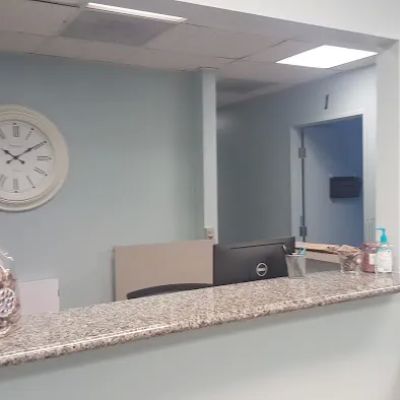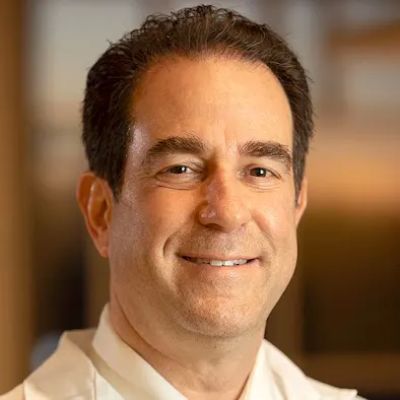The Life-Saving Role of Heart Surgery in Critical Situations
When life-threatening situations arise, heart surgery can be the difference between life and death. As someone who has witnessed the profound impact of heart surgery on patients, I can say that these procedures often play a crucial role in saving lives. Whether it's a sudden heart attack, an aneurysm, or a severe blockage in the arteries, heart surgery is often the only option for patients who would otherwise have little chance of survival.

Common Life-Threatening Heart Conditions
Among the various heart-related conditions, a few stand out as the most critical when it comes to emergency surgeries. Coronary artery disease (CAD) is one of the leading causes of heart attacks. CAD occurs when the blood vessels that supply the heart with oxygenated blood become narrowed or blocked, limiting the flow of oxygen to the heart muscle. In severe cases, a heart attack occurs, and surgery, such as a bypass, may be required to restore normal blood flow.
Another major condition requiring urgent surgical intervention is valve disease. Faulty heart valves can restrict blood flow, putting tremendous strain on the heart and causing heart failure. In these cases, heart surgery may be necessary to repair or replace the damaged valve. This procedure can significantly improve the patient's quality of life and ensure the heart functions properly again.
Aortic dissection, although less common, is another life-threatening condition that often necessitates immediate surgery. It occurs when there is a tear in the inner layer of the aorta, which can lead to catastrophic bleeding if not addressed promptly. Surgeons must act quickly to prevent the tear from worsening and causing life-threatening complications.
Atlanta Heart Specialists
atlanta heart specialists
4375 Johns Creek Pkwy #350, Suwanee, GA 30024, USA

The Impact of Timely Surgery
What sets heart surgery apart from other types of medical procedures is the time sensitivity involved. In many cases, a matter of minutes or hours can make all the difference. When a patient is experiencing a heart attack or severe chest pain, prompt intervention is necessary. A delay in surgery could result in permanent heart damage or even death.
I recall a personal story of a middle-aged man named John, who suffered a heart attack while working. He was rushed to the hospital, and the doctors immediately performed emergency surgery to restore blood flow to his heart. Thanks to the timely intervention, John survived and made a full recovery. His case is just one of many where heart surgery proved to be the key to survival. Without it, his chances of survival would have been slim.
Heart Surgery: More Than Just a Procedure
For many, heart surgery is not just about the physical procedure—it’s a matter of mental and emotional recovery as well. Following surgery, patients must take time to heal physically, but they also need support as they recover emotionally. Heart surgery often carries a great deal of emotional weight, as patients and their families cope with the uncertainty and fear that comes with the diagnosis.
However, the emotional and physical recovery process is a testament to the human spirit and resilience. Advances in heart surgery techniques, such as minimally invasive surgeries and improved recovery protocols, have made it easier for patients to recover quicker and return to their normal lives. Doctors and surgeons are working tirelessly to not only save lives but also to improve the overall quality of life for heart patients in the long run.
Technological Advancements in Heart Surgery
Heart surgery has come a long way over the years, thanks to groundbreaking technological advancements. Minimally invasive techniques, for example, have revolutionized the way we approach heart surgery. With the help of tiny incisions and advanced imaging technology, surgeons can perform delicate procedures with greater precision and less risk of complications.
Another significant advancement is the development of robotic-assisted surgery. Robotic systems give surgeons a high degree of control, allowing them to perform intricate heart surgeries with unparalleled accuracy. These technological innovations have not only made surgeries safer but have also shortened recovery times, enabling patients to return to their daily lives much sooner.
Conclusion
The role of heart surgery in life-saving situations cannot be overstated. When faced with life-threatening cardiac conditions, immediate intervention can mean the difference between life and death. Whether it’s coronary artery disease, valve problems, or aortic dissection, heart surgery plays an essential role in ensuring that patients survive and recover. As technology continues to advance and surgical techniques improve, the future of heart surgery looks even more promising, offering hope to countless individuals facing critical heart conditions.





















Deborah Heart and Lung Center
deborah heart and lung center
200 Trenton Rd, Browns Mills, NJ 08015, USA